With the 2023 Presidential election just three days away, Nigerians should brace up for a significant hike in Premium Motor Spirit (PMS), also known as fuel, if Peter Obi, Bola Tinubu or Atiku Abubakar emerged as the winner.
Fuel price as a failed campaign tool
The fuel price has often been a campaign tool for political parties, with promises of reduction flying left, right and centre during campaigns.
Join our WhatsApp ChannelPrior to President Muhammadu Buhari’s emergence in 2015, he was critical of fuel price during the Goodluck Jonathan administration.
Jonathan had met fuel at N67 per litre after late President Musa Yar’Adua reduced the pump price. However, when he lost to Buhari in the 2015 Presidential election, he handed over N87 per litre price – although the price jumped to about N170 per litre in January 2015 before it was reduced to N87 per litre.
The campaign promise of the All Progressives Congress (APC), the party of Buhari, was to reduce the cost of petrol at retail stations from N87 per litre to N50 per litre.
However, Buhari will be leaving Aso Rock in May without fulfilling it, as Nigerians have experienced the highest cost of fuel during his administration.
Between May 2015 to May 2023 when Buhari bows out of the Presidential office, the pump price skyrocketed from N87 to as high as N370 per litre despite spending the Federal Government spending N10.9 trillion within eight years.
Between 2022 and 2023, fuel prices varied across petrol stations belonging to Major Oil Marketers Association of Nigeria (MOMAN) and Independent Petroleum Marketers Association Of Nigeria (IPMAN) members.
MOMAN members sold between N200 and N270 per litre and IPMAN retailers’ pump price hovered above N270 and N370 per litre, despite Buhari’s administration spending N4.3 trillion in 2022 and budgeting N3.3 trillion for fuel subsidy between January to June to keep nationwide pump price at N187 per litre.
From price reduction campaigns to fuel subsidy removal promises
Campaigning to reduce fuel price has become an ineffective tool to sway voters due to the experience under Buhari’s government, so the likes of Obi, Atiku and Tinubu have distanced themselves from making what usually turns out as an empty promise.
They have instead chosen to tell Nigerians the hard truth; a need to remove subsidy on fuel and allow oil marketers or market forces to determine the pump price in a deregulated market.
Buhari had initially taken the bode step to remove fuel subsidy when he signed the Petroleum Industry Bill (PIB) into law as Petroleum Industry Act (PIA), however, fear of public outcry and the impact it will have on PMS price compelled him to suspend the removal till June 2023.
Buhari is handing the decision to remove the subsidy – which is a payment that ensures prices single pump price across retail stations in Nigeria – to either Obi, Atiku or Tinubu, and the three candidates have taken the bull by the horn, promising, in their campaign manifestos, to remove it once in office.
The three candidates believe the fuel subsidy is an avenue for corrupt public officeholders to steal from the coffers of the government, as the poor are not benefiting from subsidising the product compared to the rich class in the country.
In the words of Obi: “We will incentivize the mid-stream segment of the petroleum sector by facilitating gas processing plants and privately-owned small and medium scale boutique refineries, with a view to reducing importation of refined petroleum products, and eliminating the petrol subsidy regime, which has become a huge burden on the budget.”
Tinubu, on his part, said even protests by Nigerians won’t discourage him from removing the subsidy, as other countries are benefiting from Nigeria’s fuel subsidy: “How can we be subsidising fuel consumption of Cameroon, of Niger, of Benin Republic. No matter how long you protest, we are going to remove subsidy,” he said.
Atiku plans to end fuel subsidy in his first 100 days, sharing a similar plan with Obi and Tinubu. However, just like previous administrations have failed to keep to their promises to bring down fuel price, fingers are crossed to see if the politicians will keep to their word of removing the subsidy.
What will happen if Nigeria’s fuel subsidy is removed?
With over N10.9 trillion gulped within eight years, Obi, Atiku and Tinubu are saying enough is enough, but are Nigerians prepared for the negative impact of the removal?
Yes, the removal of subsidy has its ripple effect that could expand to both negative and positive territories, but the short-term impact will be negative, while the long-term is positive – but how long can you wait for the benefits or bear the pains of the removal?
Fuel price could rise to N400: The hope of fuel returning to the good old days of pump price hovering below N100 per litre will be thrown out of the window when the new administration takes over from May 2023.
Note that the hike in fuel price despite significant funding of fuel subsidy is an indicator of what to expect in the next administration when subsidy is removed.
Fuel price is determined by the landing cost, which is the payment Nigerian National Petroleum Company (NNPC) Limited makes to ships that import the products to the shore of Nigeria, because the country doesn’t refine its crude oil, instead, the crude is exported.
According to the NNPC Group Chief Executive Officer, Mele Kyari, the landing cost of fuel is N295 to the litre, which means if market forces or competition between the oil marketers is allowed to determine the pump price, Nigerians will buy fuel between N300 to N400 per litre without subsidy, when transporting or distribution cost is factored in.
However, due to subsidy, the NNPC sells the product at N113 per litre to the oil marketers, below the N295, in order to keep a uniform price across retail stations.
This means the NNPC is taking on the burden of N185 through subsidy payments. So the removal of the subsidy will see the NNPC sell petrol at about N295 to oil marketers, with Nigerians bearing the burden of the cost. Note that landing cost fluctuates, as it could rise or drop, thereby, influencing the pump price.
Kyari in November 2022 had stated that without subsidy, fuel price should be above N400, “Everyone knows the price of PMS around the world. There is nowhere today that you can land a litre of PMS to the pumps at the N445 exchange rate, it is not possible,” Kyari said.
The National Public Relations Officer of IPMAN, Ukadike Chinedu, had hinted at this in a report by month last year November, arguing: “The least that NNPC can sell petrol is over N400/litre to depots and not at N145/litre, but because of subsidy, which is becoming over-bearing on them, the oil firm has been struggling to subsidise.”
Investment in critical sectors: Due to the significant amount budgeted for subsidy yearly, some critical sectors like education, health, and agriculture, amongst others receive less funding.
According to the World Bank in its Nigeria Development Update report, titled, ‘The Continuing Urgency of Business Unusual’, the cost of fuel subsidy has surpassed the government’s spending on sectors like health and education, as well as welfare for Nigerians.
“In 2021, Nigeria’s petrol subsidy cost around $4.5bn, or roughly two per cent of GDP, far exceeding federal government spending on health, education, and social protection.
“Therefore, diverting spending away from the petrol subsidy towards more pro-poor causes could help spread the gains of growth, which is essential for reducing poverty,” World Bank said in June 2022.
The Minister of Finance, Budget and National Planning, Zainab Ahmed, had also stated that it (petrol subsidy) is impeding the government’s ability to be able to invest in human capital development, as well as the oil and gas industry.
Reduce dependence on debt: Subsidy has been a huge burden on the Federal Government’s revenue, forcing the government to borrow to fund capital projects and service debt.
The minister of finance complained last year that the subsidy is also affecting the financial capability of FG, as they have to borrow. Under Buhari, Nigeria’s total external debt rose from $10.32 billion he inherited in 2015 to $40.06 billion as of October 2022.
Removal of the subsidy will free up some capital from revenue earned, making more funds available for the next administration to spend and reduce the debt burden.


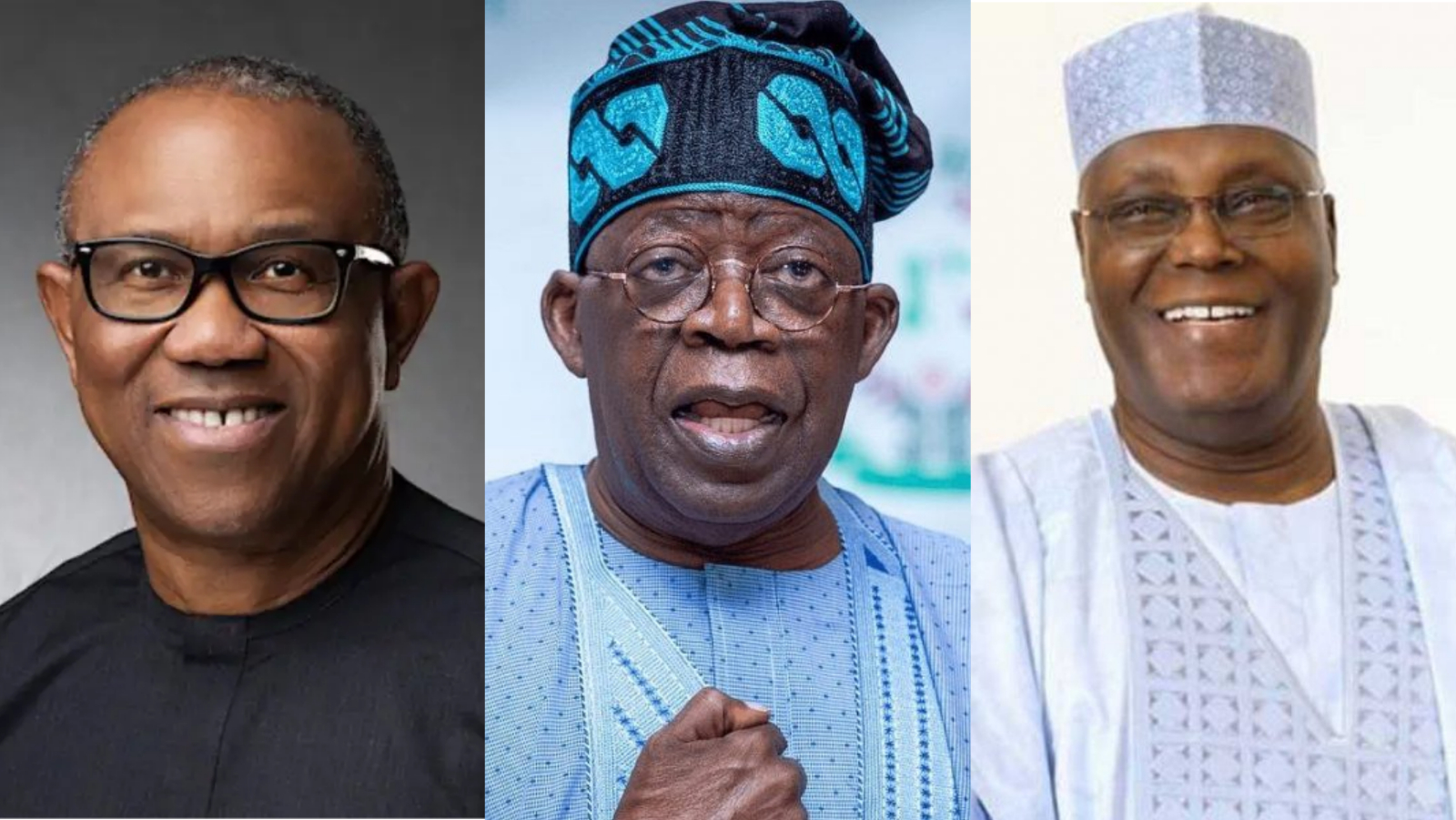
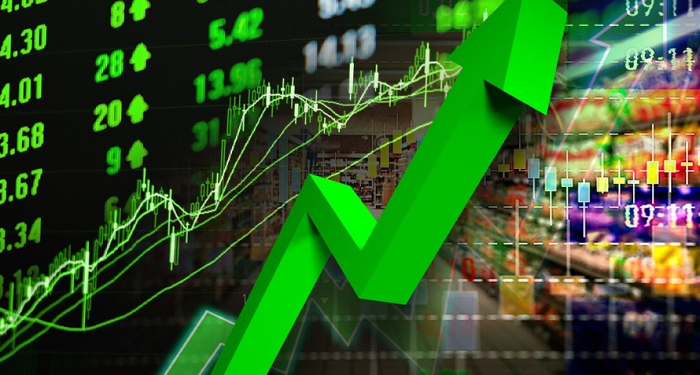
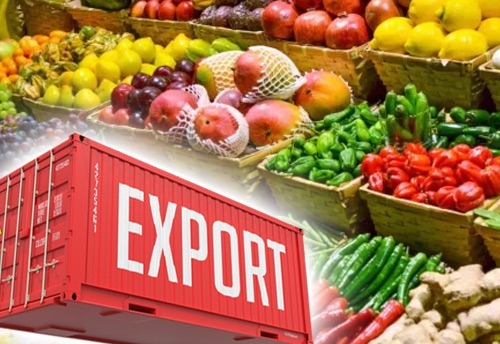
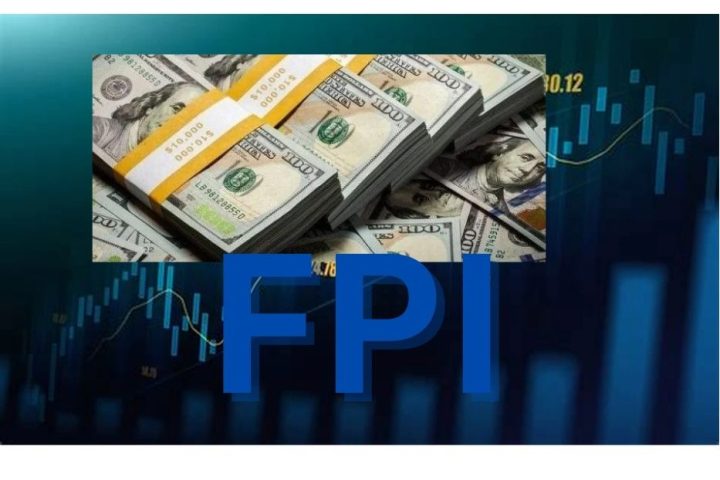







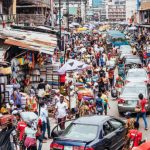



Follow Us